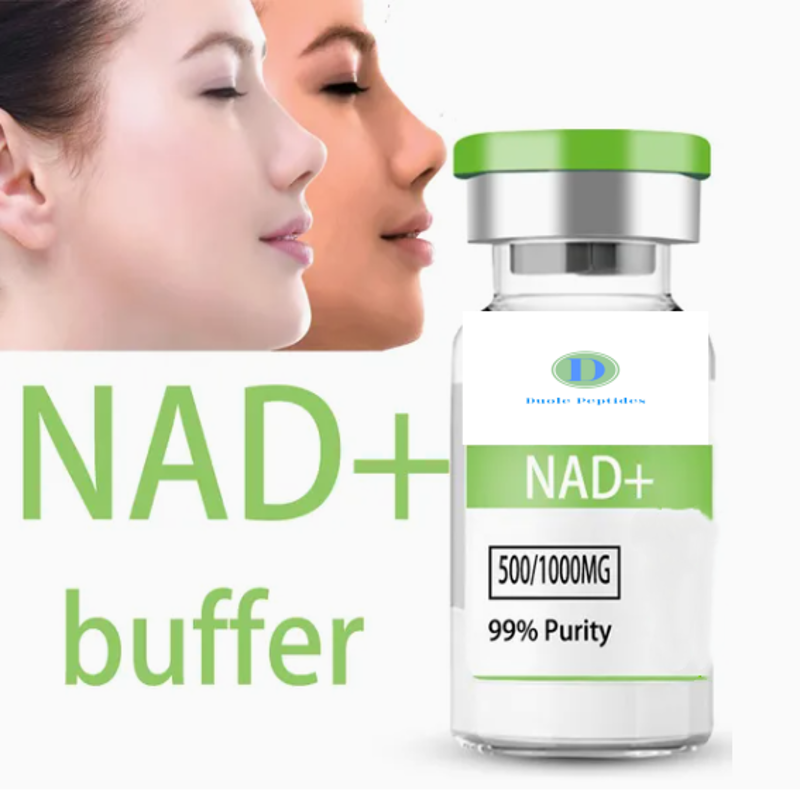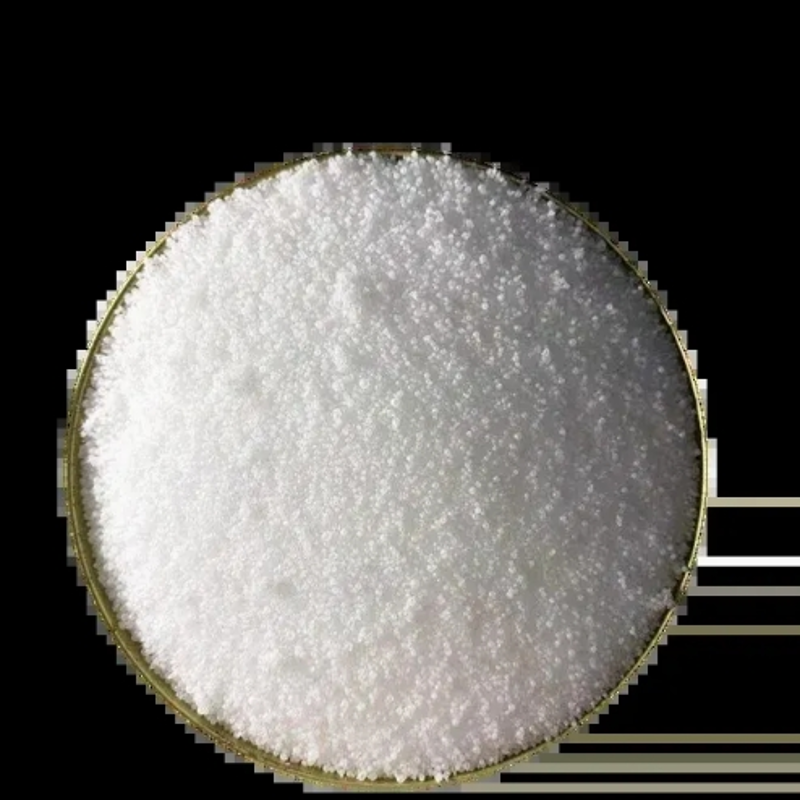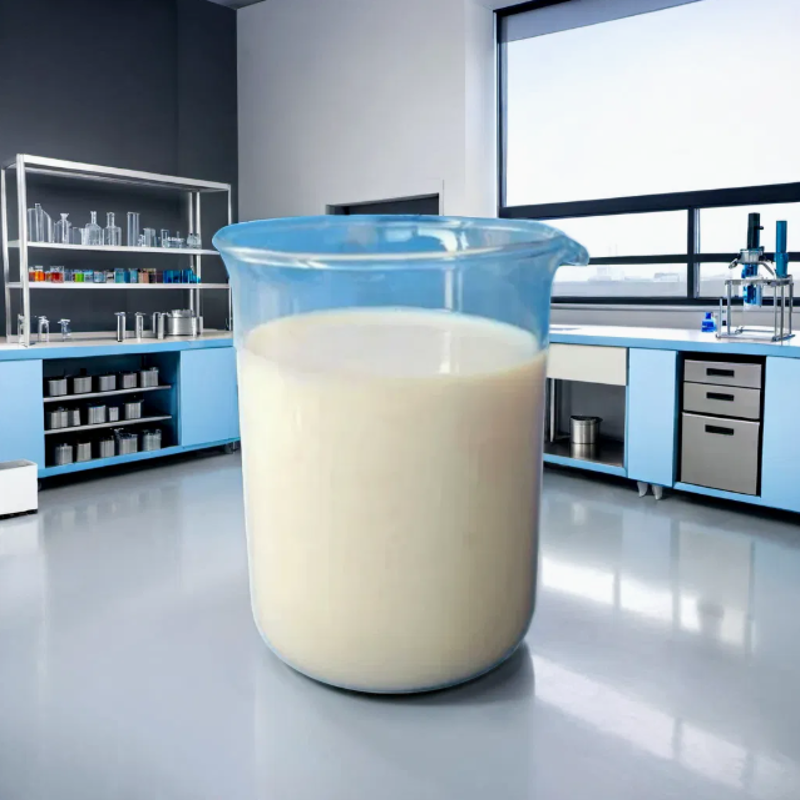-
Categories
-
Pharmaceutical Intermediates
-
Active Pharmaceutical Ingredients
-
Food Additives
- Industrial Coatings
- Agrochemicals
- Dyes and Pigments
- Surfactant
- Flavors and Fragrances
- Chemical Reagents
- Catalyst and Auxiliary
- Natural Products
- Inorganic Chemistry
-
Organic Chemistry
-
Biochemical Engineering
- Analytical Chemistry
-
Cosmetic Ingredient
- Water Treatment Chemical
-
Pharmaceutical Intermediates
Promotion
ECHEMI Mall
Wholesale
Weekly Price
Exhibition
News
-
Trade Service
Isobutanol is an organic compound with the chemical formula (CH3)2CHOH(CH2)2CH3.
It is a colorless, flammable liquid with a characteristic sweet odor.
It is widely used in the chemical industry as an intermediate chemical, and it can be further processed to produce a variety of downstream products.
In this article, we will discuss the upstream and downstream products of isobutanol.
Upstream Products of Isobutanol
The upstream products of isobutanol are the raw materials and intermediate chemicals that are used to produce it.
The most common upstream products of isobutanol include ethylene and propylene, which are both derived from natural gas and crude oil.
These raw materials are reacted in a series of chemical reactions, known as the alcohol cracking process, to produce isobutanol.
The alcohol cracking process involves the breaking of the larger alkane molecules into smaller, more valuable chemicals.
The process involves the use of heat and pressure, as well as a catalyst, such as sodium or potassium hydroxide.
The reaction produces a mixture of isobutanol and other chemicals, including propanol, butanol, and ethanol.
The isobutanol is then separated from the other chemicals through a process known as fractional distillation.
Downstream Products of Isobutanol
The downstream products of isobutanol are the chemicals and products that are produced by further processing the isobutanol.
The most common downstream products of isobutanol include:
- 2-Butoxyethanol: 2-Butoxyethanol is a versatile chemical that is used as a solvent, surfactant, and intermediate chemical in the production of other chemicals.
- Isobutyl acetate: Isobutyl acetate is a solvent and flavoring agent that is used in the production of perfumes, pharmaceuticals, and other fragrances.
- Isobutyl alcohol: Isobutyl alcohol is a solvent and intermediate chemical that is used in the production of other chemicals, such as esters and amines.
- Isobutyl phthalate: Isobutyl phthalate is a plasticizer that is used in the production of plastics and other materials.
These are just a few examples of the many downstream products that can be produced from isobutanol.
The versatility of isobutanol makes it a valuable chemical in the chemical industry.
In conclusion, isobutanol is an important chemical in the chemical industry, and it has a wide range of upstream and downstream products.
The alcohol cracking process is the most common method of producing isobutanol, and this process is widely used in the chemical industry.
The versatility of isobutanol makes it a valuable chemical that can be further processed to produce a variety of downstream products, including solvents, flavoring agents, and plasticizers.
The chemical industry relies on the production and use of chemicals like isobutanol to produce a wide range of products that are essential to our daily lives.







